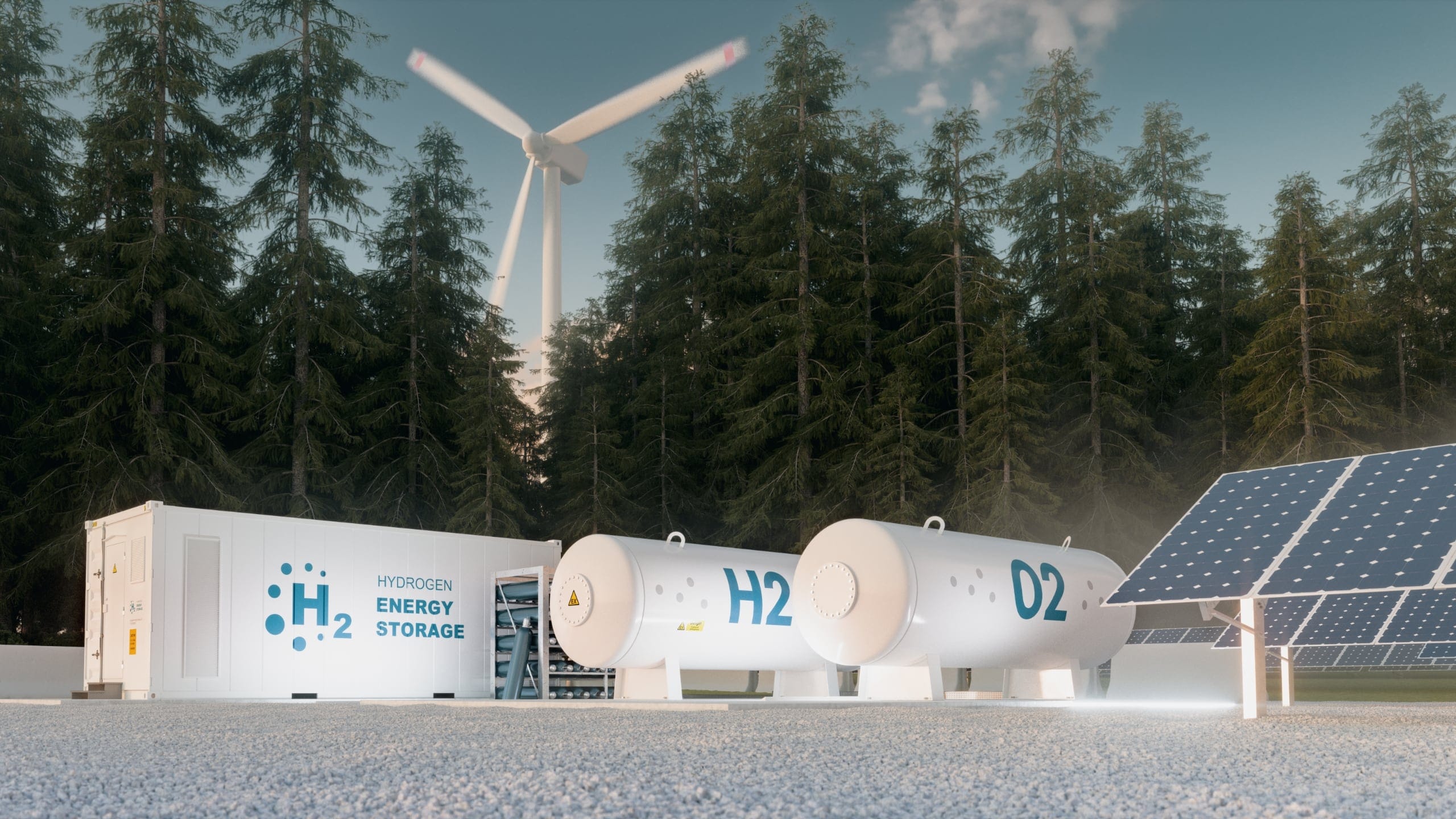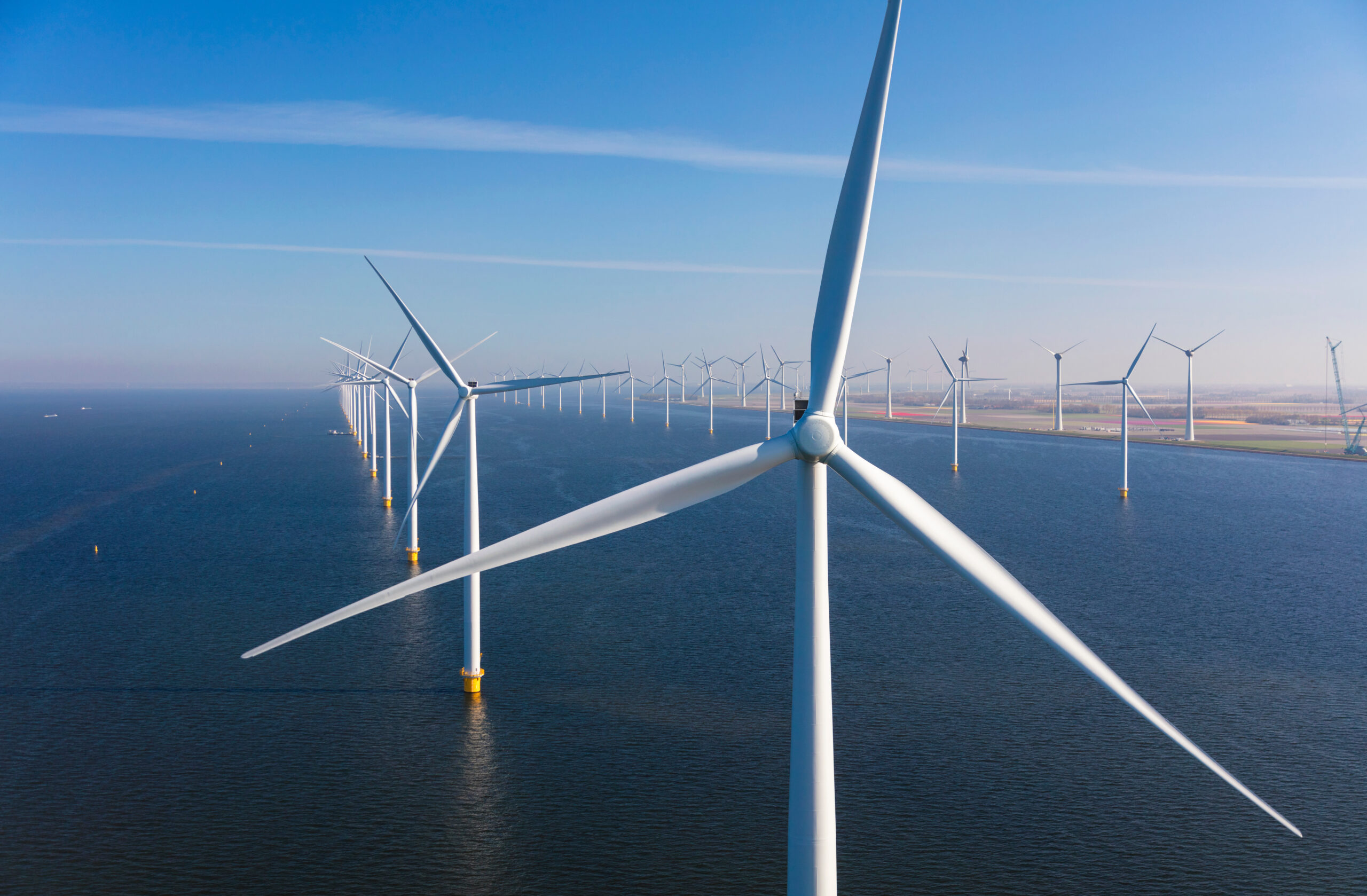NEWS & INSIGHTS | article
Scotland’s energy industry must rise to the challenge of future demand

As a burgeoning industry emerges, the UK is accelerating the growth of its green economy. The recently published British Energy Security strategy raises the ambition for the delivery of renewable and clean energy technologies; it would be fair to assume that industry confidence was high and the transition was proceeding at full pace.
However, concerns surrounding cost, infrastructure and investment weigh heavily on people’s minds. Whilst none of these concerns are insurmountable, they’re closely interlinked and there’s no denying the pace of turning intention into action needs hastening.
A recent industry survey conducted by Net Zero Technology Centre (NZTC), who accelerate real-world development and deployment of ground-breaking technologies for an affordable net zero energy industry, captured the opinion of those at the heart of the renewables sector.
What’s holding the energy transition back?
When asked what they believed were the main issues impacting the pace of the energy transition were, over 38% of respondents ranked outdated infrastructure as the key concern.
“It is no surprise that outdated infrastructure is front of mind”, says Mary Thorogood, Government Relations, External Affairs and Communications Director at the Net Zero Technology Centre. “Our electricity grids are not fit for a flexible and renewable future. The aging infrastructure was built at a time when multiple energy sources weren’t connected to the transmission grid and demand was located nearer to our cheapest forms of power.”
“To enable delivery of net zero by 2050, there must be interconnectivity between different energy vectors and the ability to bring cheap power to where it is needed. To achieve this, investment is needed today to upgrade existing infrastructure.”
Despite hailing its British Energy Security Strategy as the plan to realise the UK’s vision of Net Zero by 2050 with a clean electricity system by 2035, 22% of those surveyed raised concerns about a lack of delivery plan.
A fifth of respondents felt cost was the main issue slowing the pace of the transition, while only 13% cited lack of policy as an issue; this could be thanks in part to the numerous policy announcements made by governments in the run up to, and during COP26.
Thorogood continues, “Whilst low carbon investment needs to increase by around 5 times what we see today, the total cost of net zero is estimated to be below 1% of UK GDP over the next 30 years. But the benefits of investing for net zero far outweigh the up front cost – for our economy, the cost of energy and our planet. And investors are ready today.”
In its World Energy Outlook 2021 report, the International Energy Agency (IEA) suggests the annual investment needed in clean energy projects and infrastructure is to the tune of nearly $4 trillion by 2030.
The above is an abstract from the full article which can be read here:
Subscribe for the latest updates

